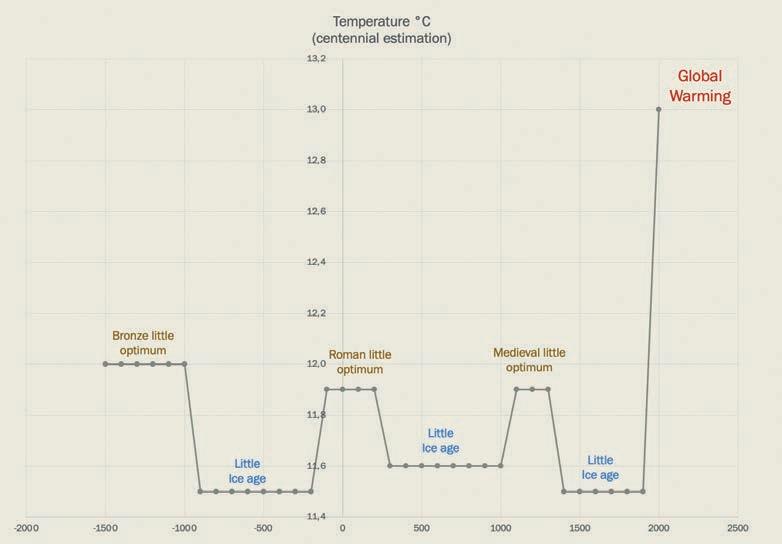CHAPTER 10 I ADAPTATION STRATEGIES IN THE MEKONG DELTA I 447
vulnerabilities and the policies implemented to address them — this chapter presents the LUCAS (Land Use Change for Adaptation Strategies) model, which was designed as a virtual laboratory, on the scale of the Mekong Delta, to simulate and evaluate the performance of different adaptation strategies and their combinations, at different levels, in different climatic, demographic or economic scenarios. Three simple strategies are presented and evaluated: the first one is based only on individual farmers’ choices, without any help or hindrance from the government; the second one is based only on governmental decisions, without spontaneous adapta-
2. Environmental change and climate change adaptation in the Mekong Delta 2.1 Land use changes in the Mekong Delta The Mekong Delta is a collection of 13 disparate provinces, which nevertheless have in common the fact of having a predominantly rural population. Although the rural population has tended to decrease since 2008 — following a general dynamic in Viet Nam, accentuated by the rural exodus and the decrease in fertility (according to UNESCO (2016), 34% of Vietnamese live in urban areas: if the growth rate of the general population is 1% per year, that of the urban population is 3.4% per year, and that of the rural population is only 0.4%) — it is still a large majority (74.86% according to General Statistic Office, 2020) in the Mekong
tion by farmers; and the third one is based on a combination of these two approaches, in which the government supports the individual choices that seem relevant to reducing the impacts of climate change. We conclude with a discussion on the interest of better promoting this type of modelling approach in the field of climate change adaptation — as it enables all the contributions of the different stakeholders to be taken into account, thus facilitating the construction of consensual adaptation strategies — and describe the future work we will undertake to develop, disseminate and use LUCAS.
Delta. If there is to be adaptation to climate change, it will necessarily involve adaptation of this population and its agricultural practices, in particular its use of land. The ability to adapt to climate change in rural areas depends on an understanding of its current and future impacts by policy makers and citizens. In that respect, one of the most important tools promoted by the Government to integrate climate change adaptation and disaster risk reduction into farming practices is land-use planning [ Government of Vietnam, 2019; MoNRE, 2021b ]. In recent years, land use change in the Mekong Delta has been analysed in numerous reports, which showed that land use change is affected by socio-economic and environmental factors [ Drogoul et al., 2016 ] in which the changes take place mainly according to the profitability of the farming methods when the environment is favourable [ Nguyen Thanh et al., 2021 ].




























